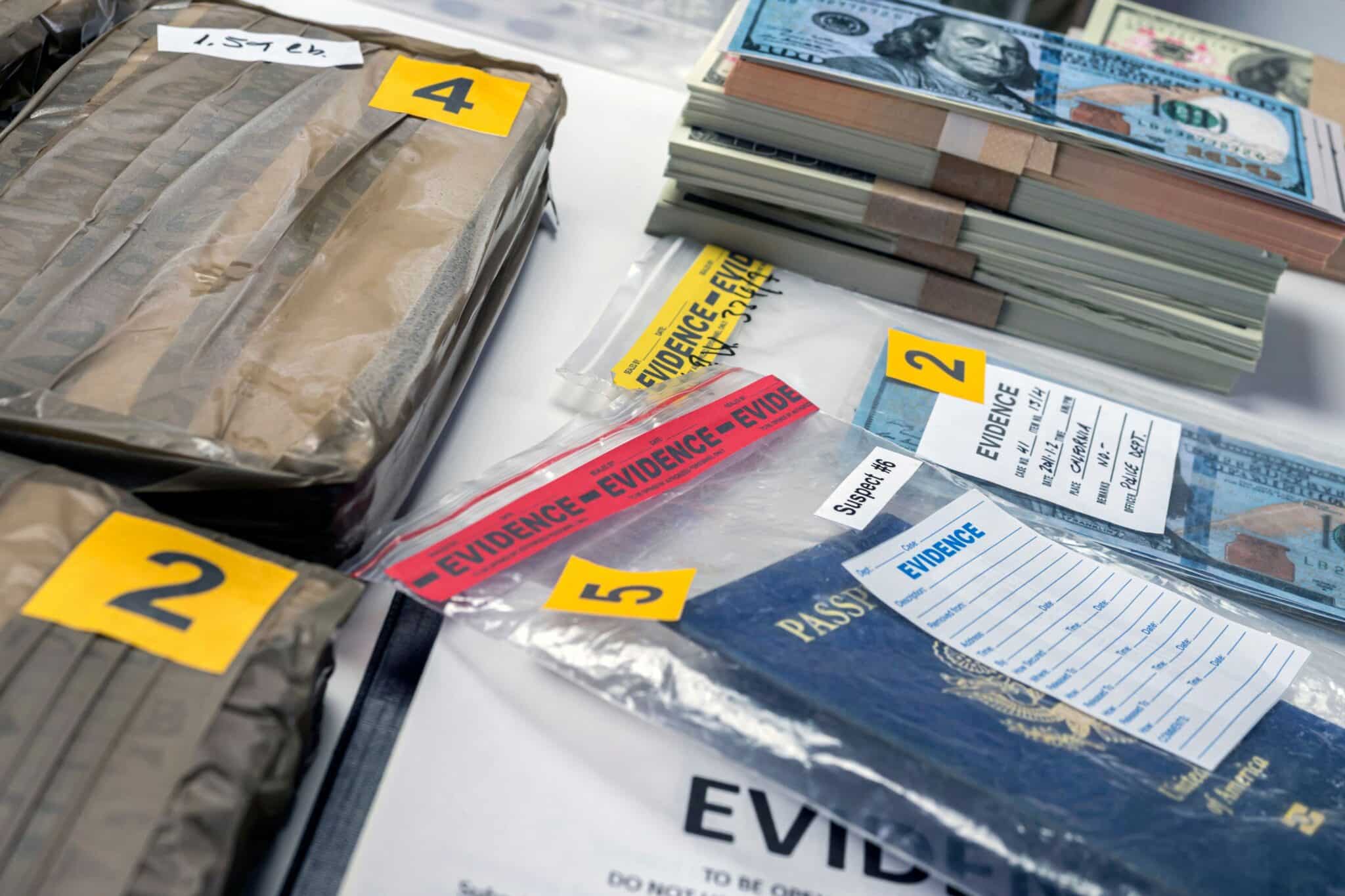Challenging Evidence in an Illinois Criminal Case
Criminal cases in Illinois require evidence to prove the guilt or innocence of the defendant. However, not all evidence is admissible in court. Evidence can be challenged by the defense if it was obtained illegally or if it is not reliable. Challenging evidence is an important part of a criminal defense strategy and can make a significant difference in the outcome of a case.
Types of Evidence
Evidence in a criminal case can take many forms, including physical, testimonial, and documentary evidence. Physical evidence includes items such as weapons, drugs, or DNA samples. Testimonial evidence includes witness testimony or statements made by the defendant. Documentary evidence includes emails, text messages, or financial records.
Challenging Physical Evidence
Physical evidence is often the most compelling evidence in a criminal case. However, physical evidence can be challenged by the defense if it was obtained illegally or if it is not reliable. For example, if the police conducted an illegal search and seizure to obtain physical evidence, the defense may file a motion to suppress the evidence. If the physical evidence is unreliable, the defense may challenge the chain of custody or question the testing methods’ accuracy.
Challenging Testimonial Evidence
Testimonial evidence is often provided by witnesses who may have their own biases, agendas, or limited perspectives. Witnesses may also be mistaken or intentionally lying. The defense can challenge testimonial evidence by cross-examining witnesses to reveal inconsistencies in their testimony or by presenting evidence that contradicts their statements.
Challenging Documentary Evidence
Documentary evidence can also be challenged by the defense. For example, the defense may file a motion to suppress the evidence if a document was obtained illegally. If the document is unreliable, the defense may challenge the authenticity of the document or question the accuracy of the information it contains.
Challenging Evidence in Practice
Challenging evidence in a criminal case requires a skilled criminal defense attorney who understands the legal and procedural rules for presenting evidence in court. An attorney may use a variety of tactics to challenge evidence, such as:
- Filing a motion to suppress evidence obtained illegally
- Challenging the chain of custody for physical evidence
- Questioning the reliability of testing methods used on physical evidence
- Cross-examining witnesses to reveal inconsistencies in their testimony
- Presenting evidence that contradicts witness testimony or documentary evidence
- Challenging the authenticity or accuracy of documentary evidence

The Importance of Challenging Evidence
in a criminal case is important because it can lead to the exclusion of evidence that would otherwise be used against the defendant. Excluding evidence can weaken the prosecution’s case and increase the chances of a favorable outcome for the defendant. Additionally, challenging evidence can reveal weaknesses in the prosecution’s case and help the defense develop a stronger defense strategy.
Challenging evidence in an Illinois criminal case is an important part of a criminal defense strategy. Evidence can be challenged if it was obtained illegally or if it is not reliable. Physical, testimonial and documentary evidence can be challenged in various ways. Challenging evidence requires a skilled criminal defense attorney who understands the legal and procedural rules for presenting evidence in court. Excluding evidence can weaken the prosecution’s case and increase the chances of a favorable outcome for the defendant. By challenging evidence, the defense can reveal weaknesses in the prosecution’s case and develop a stronger defense strategy.
About the Author:
Andrew M. Weisberg is a former felony prosecutor who now serves as a defense attorney in the greater Chicago area. He has extensive experience handling all types of criminal cases, from sex offenses and domestic violence to retail theft-related crimes, murder, and drug crimes. His work has been recognized by Avvo, Expertise, National Trial Lawyers, and others, and he has been featured on countless news outlets for his experience and knowledge in criminal law.







 Blog Home
Blog Home 










